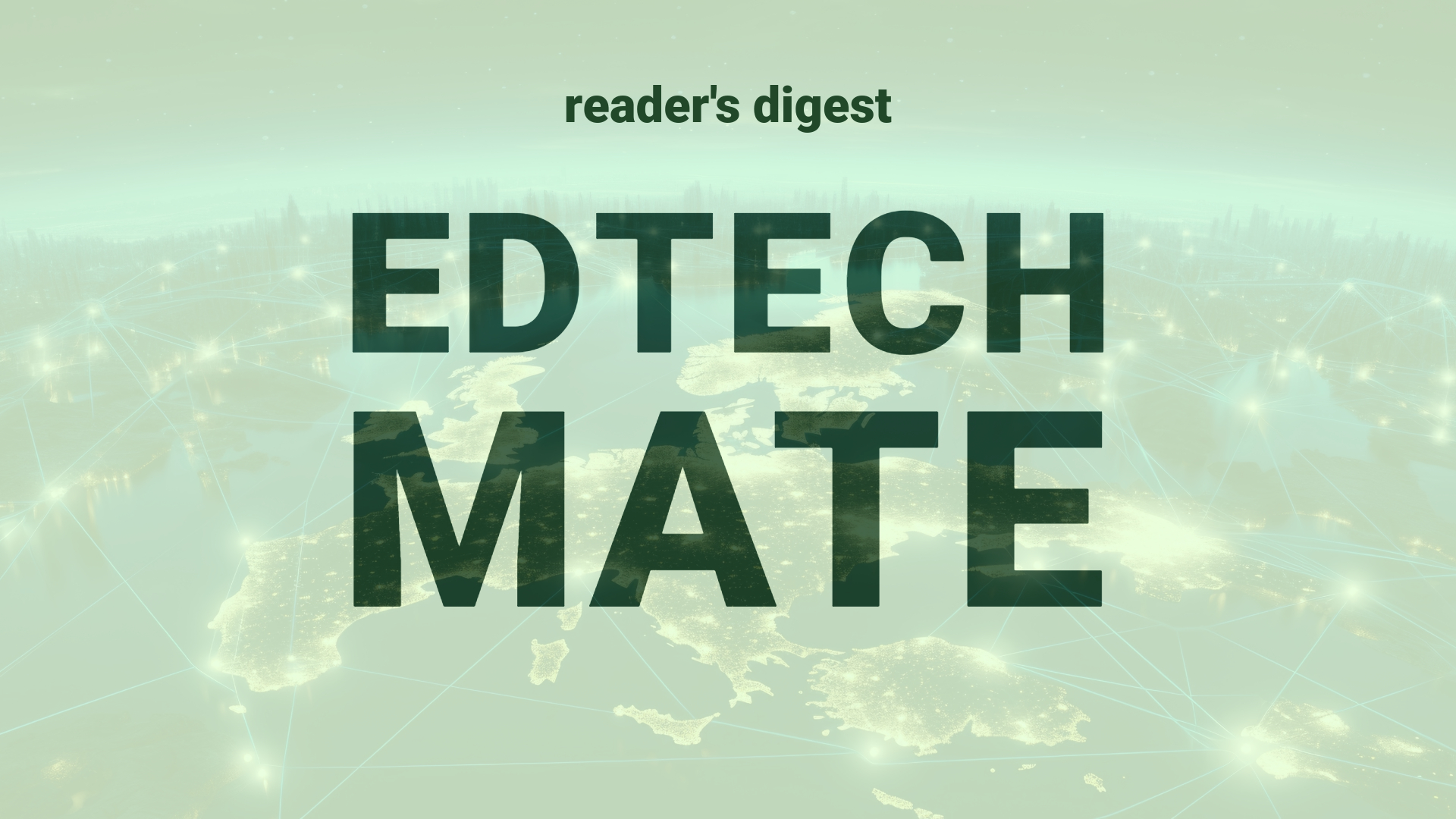Executive Summary and Main Points
The integration of EVO Banco into Bankinter signifies a strategic move to bolster the digital transformation of the banking group. The banking sector in Spain is experiencing a vigorous transition towards digital services, with societal inclinations strongly favoring online banking platforms. From a global higher education perspective, the unfolding scenario offers a prime example of how traditional establishments can pivot to digital engagement frameworks, thereby aligning with the burgeoning digital ecosystems prevalent in universities and education providers worldwide. Key innovations reflect an emphasis on technical infrastructure consolidation and the crafting of digital-first engagement strategies.
Potential Impact in the Education Sector
The banking sector’s push towards digitization has clear parallels in Further and Higher Education as well as Micro-credentials provisioning. The collaborative digital transformation between EVO Banco and Bankinter could inspire educational institutions to forge strategic alliances with tech enterprises, thus leveraging digital tools and platforms for enhanced service delivery. These developments point toward increased digitization trends in education, inviting a discussion around course delivery, student engagement, and adoption of technology in post-secondary education.
Potential Applicability in the Education Sector
Innovative applications of AI and digital tools witnessed in the banking sector can inform similar strategies in global higher education systems. AI-driven analytics, for instance, can personalize learning experiences, while robust data integration systems can streamline administrative processes across international campuses. The education sector can borrow from the banking industry’s project management and data integration techniques to ensure smooth operations and consistent quality standards across diverse educational offerings and international markets.
Criticism and Potential Shortfalls
While technology infuses efficiency, concerns about data security, privacy, and the human impact of digitization need critical examination. Comparative international case studies, like the CaixaBank and Bankia integration, provide valuable insights, yet underscore the need for meticulous planning in multinational environments. Ethical considerations, including equitable access and the cultural implications of digital transformation, must be taken into account to ensure that educational technology does not marginalize certain student demographics or jeopardize data integrity.
Actionable Recommendations
For technology to be effectively implemented within global higher education, leadership should consider conducting thorough audits of digital readiness and invest in infrastructure that supports scalability and interconnectivity. It will be key to establish robust data protection and privacy standards, along with cultural sensitivity training to ensure all stakeholders are prepared for a seamless transition. Educational institutions should explore partnerships with fintech companies and other digitally-advanced sectors to share best practices and innovative solutions, contributing to a digitally-augmented education landscape.
Source article: https://www.cio.com/article/2400102/desafios-tecnologicos-de-la-integracion-de-evo-banco-en-bankinter.html

